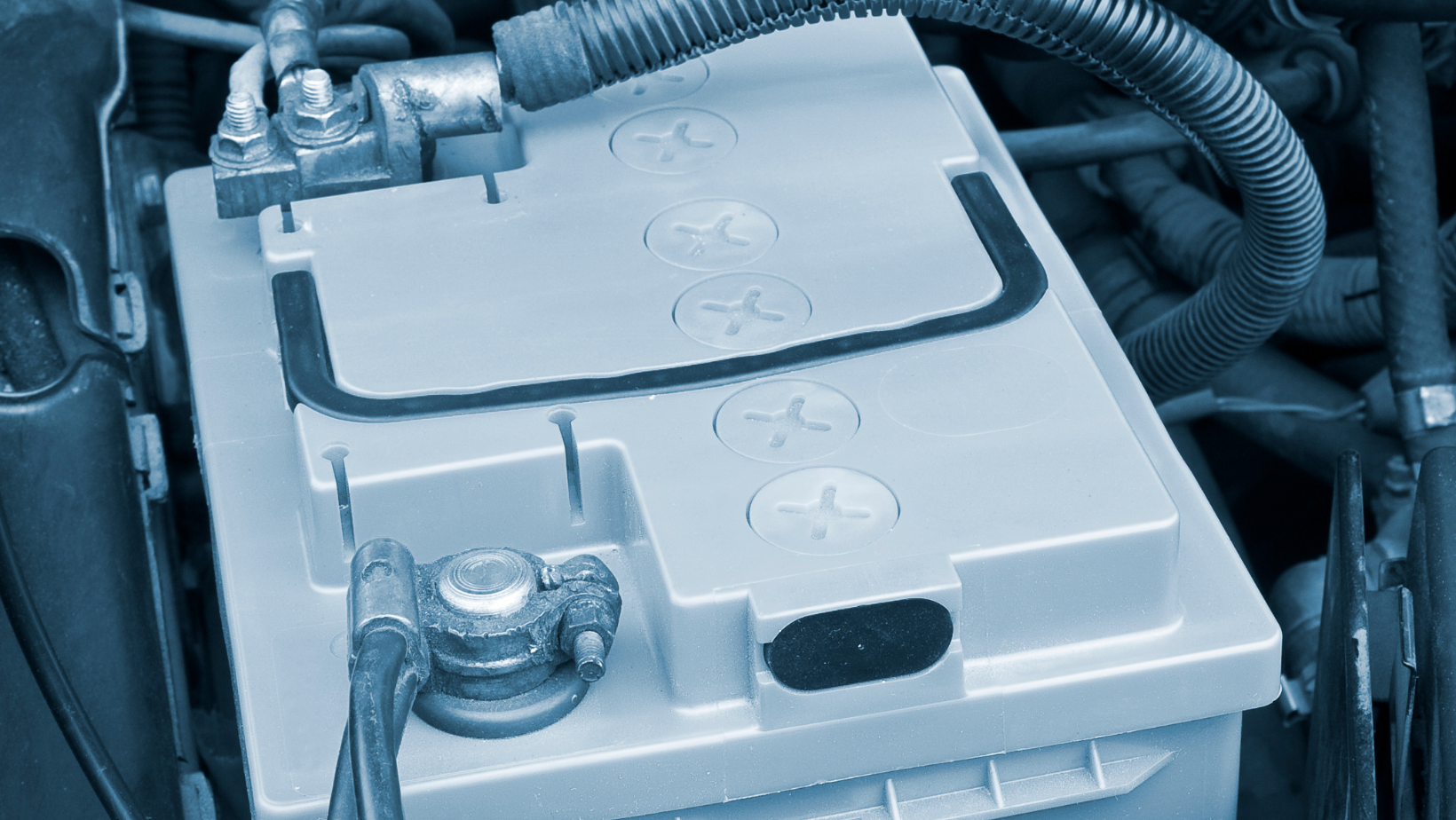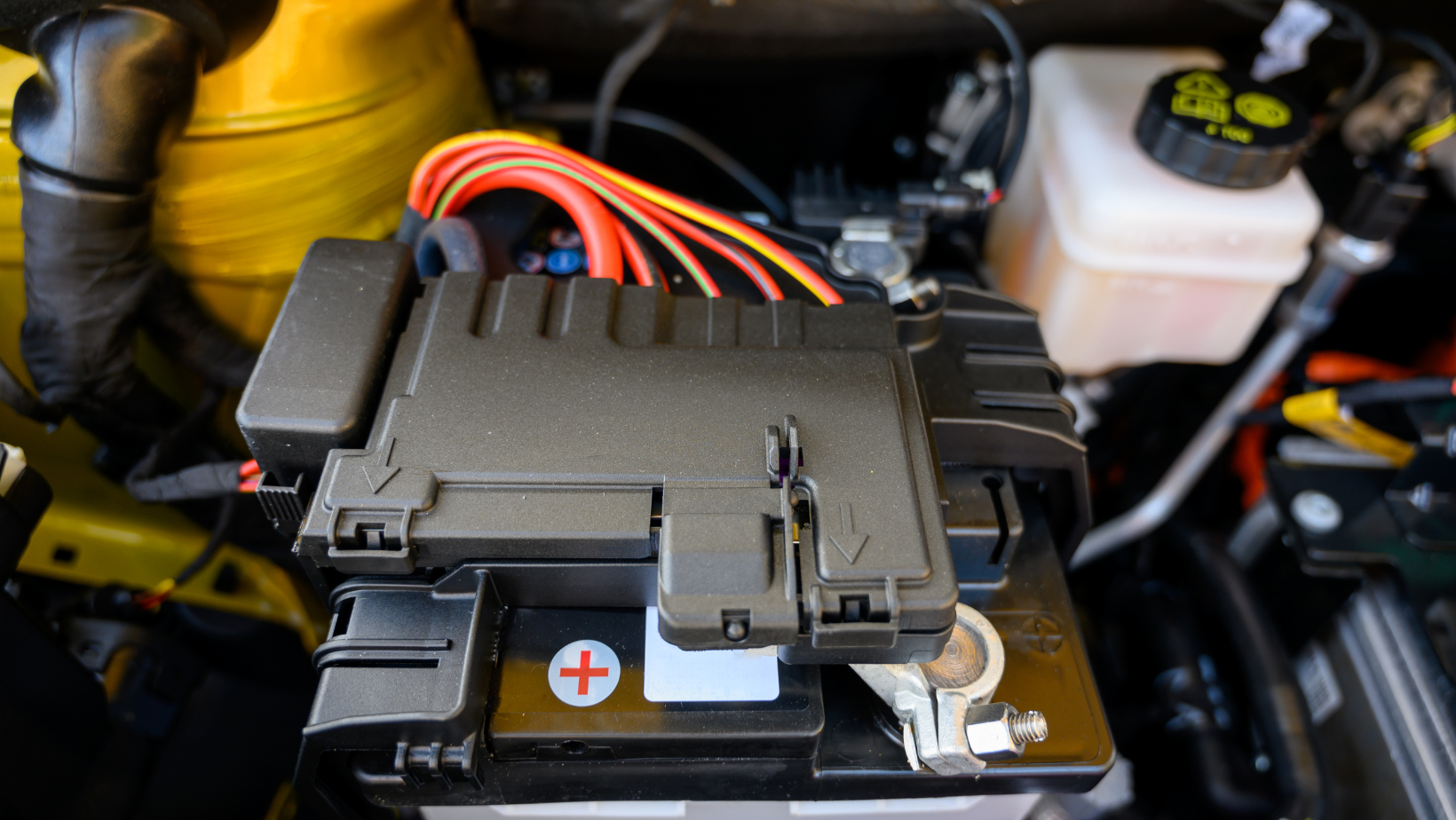Battery Warranties and Replacements
Batteries are the unsung heroes of our vehicles, silently powering our journeys. However, when things go awry, understanding battery warranties and replacements becomes crucial. This comprehensive guide will delve into the nuances of battery warranties, highlight key considerations for replacements, and provide insights into maintaining your car’s battery health.
Key Takeaways:
- Warranty Coverage: Understand the scope and limitations of your battery’s warranty.
- Replacement Tips: Learn how to choose the right battery and when to replace it.
- Maintenance Advice: Gain insights on prolonging your battery’s life.
Understanding Battery Warranties

Battery warranties can be a safety net, but it’s vital to know their boundaries. Typically, warranties cover manufacturing defects and premature failures. However, they may not cover issues arising from improper use or accidents.
| Aspect | Details |
|---|---|
| Duration | 1-5 years, depending on the manufacturer and battery type. |
| Prorated Periods | Initially full replacement, followed by prorated reimbursement. |
| Coverage Scope | Covers manufacturing defects and premature failure. |
| Exclusions | Does not cover damage due to accidents, misuse, or neglect. |
| Transferability | Some warranties are transferable, others are not. |
| Claim Process | Typically requires proof of purchase and may need a diagnostic test. |
What to Look for in a Warranty:
- Duration: How long does the warranty last? Standard periods range from one to five years.
- Prorated Periods: Some warranties offer full replacement initially, then a prorated reimbursement as the battery ages.
- Coverage Details: Is it limited to manufacturing defects, or does it include performance guarantees?
Choosing the Right Replacement Battery
When it’s time for a replacement, selecting the right battery is crucial for optimal performance. Consider factors like size, power requirements, and climate suitability.
| Factor | Consideration |
|---|---|
| Size and Fit | Must match vehicle’s battery tray and cable configurations. |
| Power Requirements | Cold Cranking Amps (CCA) and Reserve Capacity (RC) for your vehicle’s needs. |
| Climate Compatibility | Batteries perform differently in varying climates. |
| Type of Battery | Standard, AGM, or Gel – each with different benefits and uses. |
| Brand Reputation | Opt for brands with positive reviews and reliability. |
| Warranty Offered | Consider the length and terms of the warranty on the replacement. |
Factors to Consider:
- Size and Fit: Ensure the battery fits your vehicle’s specifications.
- Power Requirements: Cold Cranking Amps (CCA) and Reserve Capacity (RC) should match your vehicle’s needs.
- Climate Compatibility: Some batteries perform better in specific climates.
When to Replace Your Battery
Recognizing when to replace your battery can save you from unexpected breakdowns. Look for signs like slow engine cranks, dimming headlights, or the battery age exceeding three to five years.
Replacement Triggers:
- Age: Batteries typically last 3-5 years.
- Performance Issues: Slow cranking, electrical issues.
- Visual Inspection: Swelling, leakage, or corrosion (managing battery corrosion).
Maintaining Your Battery’s Health

Proper maintenance can extend your battery’s lifespan. Regular cleaning, ensuring proper charging, and avoiding extreme temperatures are key.
Maintenance Tips:
- Regular Cleaning: Keep terminals clean (cleaning guide).
- Proper Charging: Follow best practices (charging guide).
- Temperature Management: Protect your battery in extreme weather (cold weather care).
Conclusion
Navigating battery warranties and replacements requires a blend of knowledge and proactive care. By understanding warranty terms, choosing the right replacement, and maintaining your battery, you can ensure your vehicle remains powered and reliable.




